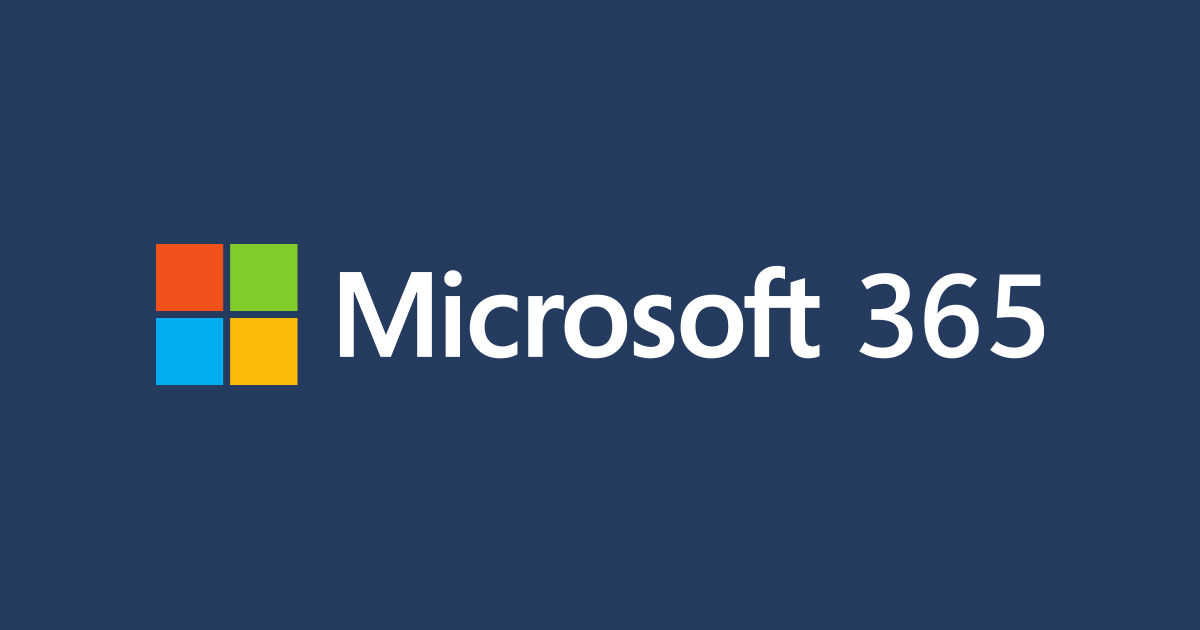
It may seem like a no-brainer to some, but there are some businesses that do not have a robust backup system in place. Backups are a necessity in the business world, regardless of how big, or how small, a business may be. If you are “backing up” your data, you may not have enough redundancy in place to recover lost data. Worse still, can you recover from a major natural disaster, or a cyber-attack. Backups are necessary. Why? As the old saying goes, “Don’t have all your eggs in one basket.”
No Longer Optional
Backups are not an optional thing to consider for any business of any size. Consider, “What would happen if I lost all my customer order history?” “What if my business were hit by ransomware, and I did not have the money to pay to get my files back?” Or worse, “What if news of such a data loss came out in the press?” To put it bluntly, if any of the above happened to you, and you did not have any viable backups of your business data, you would be finished as a business owner. You must take backing up your business data seriously.
If you had backups of all your data, you would avoid having to pay a hacker to get your data back. If your computer crashed, you would be able to get a new one and restore that data in a relatively short period of time. Also, people today expect if you are running a business, that you have backup systems in place to keep all your customer’s data. So, if you have data sitting out there that you know you have not been backing up, or are unsure if it is being backed up, it is time to do something about it.
How To Backup Your Data
One of the key areas to consider when you are backing up your data is how you are backing it up in the first place. Larger companies, with more than 50 employees, are using a file server to store and access their data. A smaller business may have one or two computers; most, if not all your data, resides on those few machines. So how does one start backing up their data?
First, for small and medium-size businesses, external hard drives are a common choice. Most of these drives connect via a USB cable, and many of them come loaded with backup software. This software usually takes you step by step so that you can choose what you want to backup. Some choose to backup certain files and folders, while others may choose to backup everything to make sure nothing is missed. These drives are usually inexpensive, and you can get a 2 TB hard drive for around $50-$60 each. That is a small price to pay for some peace of mind.
Second, if you are a larger business, you will want to consider having a dedicated backup computer, or server. The reason why you would go this route, is that when you are backing up a large amount of data, you need the processing and memory power that an external hard drive cannot provide. Dedicated backup servers help with organization, providing a centralized location for backup and restoration of files. Backup servers can range from just under $1000 to $5000 or higher.
Remember The Eggs And Basket Thing?
Now that you have a backup of your data, the next thing to consider is redundancy. Having local backups for quick restoration is great, but what if something happened to where that data were not retrievable? Fire, flooding, or a tornado could effectively wipe out your primary business location. One must consider and plan for such an event as a contingency, and that is where redundancy comes in.
One cost effective way to implement redundancy in your backup plan, is using the cloud. Depending on the amount of data, cloud storage requires no equipment to maintain and is very simple to put in place. Cloud backup providers have server farms in many locations across America and the world, which is another great benefit.
Another way to make your data redundant, is the use of collocation centers. This facility allows businesses to lease out server space, and replicate your data from your primary workplace to this separate location. These buildings provide generators for power, cooling for servers, and in the event of a disaster, a simple network change will have you working from that location as though nothing happened. This reduces downtime, and keeps your business flowing.
Self Analysis
If you have reached this point and you are feeling an impending sense of doom, stop right there. You have a business to run, and you need a business partner that can work on your backup plan to meet your needs. Those needs being what you need to backup, and what is the best, and most cost-effective way to protect your data. Absolute Technology Solutions is your business partner and we can help, so please, give us a call.
Share this Post





